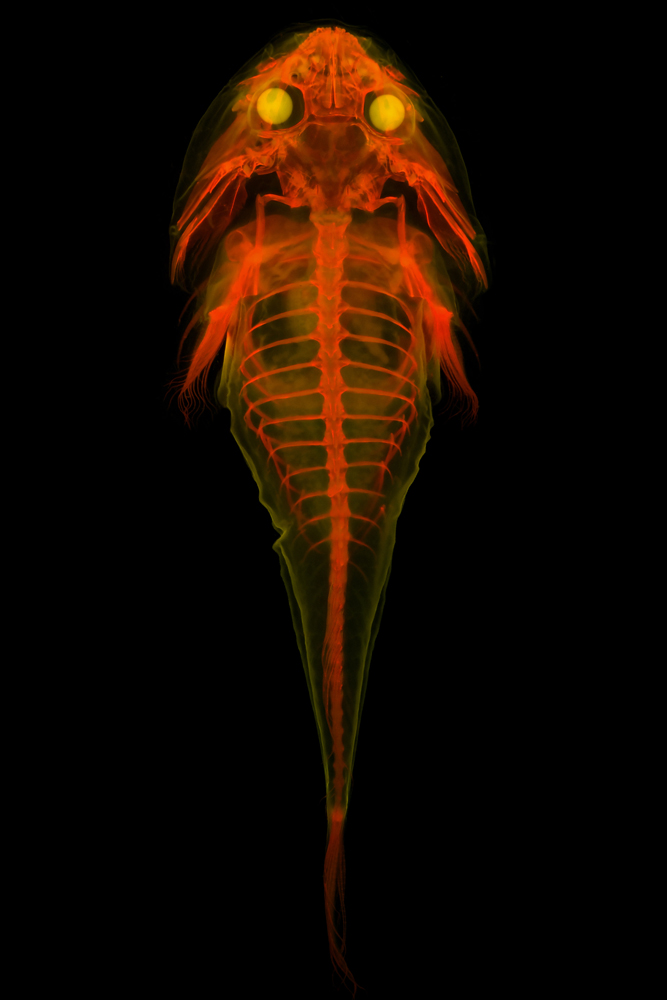I write regular op-ed pieces for the Lawrence Journal- World on science, science policy and the environment.
About that ‘I’m not a scientist, but I think …’
Lawrence Journal-World, August 23, 2019
The administration continued its assault on the U.S. environment on Aug. 12 when it watered down the regulations on protecting endangered and threatened species. Its actions are a thumb-your-nose response at the United Nations report in May that warned of a million species of plants and animals facing extinction worldwide and in our backyard because of climate change and habitat destruction. Among the endangered are the familiar poster animals: elephants, rhinoceroses, tigers, whales, gorillas and chimpanzees. But even more critical is the global threat to insects and a million other humble species — the ones we depend on for food, fuel, fiber and pharmaceuticals, for cleaning our air, water and soils, and for maintaining the life support systems of the planet.
The problem, explains The Economist, a conservative magazine dedicated to smart capitalism, is the myopia of the short-term economic view. For example, since Brazil’s President Jair Bolsinaro “took office in January, trees have been disappearing at a rate of two Manhattans each week.” Bolsinaro would oppose the one-time spending of Brazil’s cash capital as economic suicide. Yet, in the Brazilian Amazon, he is promoting the one-time spending of the forest’s natural capital — its trees and their associated soils, plants and animals. It’s a formula for both economic and environmental suicide.
The U.S. administration is doing likewise to serve short-term industry interests — the one-time use of land and off-shore areas for mining, minerals and energy extraction. God help the species that is just hanging on but deemed to be in the way of economic development. Take the Monarch butterfly. Its population has crashed in the past 20 years by 90% because of climate change and the steady loss of its milkweed habitat to expanding agriculture. The monarch, like many species, is doubly accursed under the new regulations for having a wide geographic range. So, the twisted reasoning has it, the monarch’s habitat in any one area does not need to be protected. Ditto Kansas’ Lesser prairie chicken. And the North American wolverine, a small, bearlike species with only about 300 individuals scattered across the northern Rocky Mountains, the northern Cascades and parts of the Southwest. National Geographic estimates the wolverine will disappear from a third of its range in the next 30 years because of climate change.
Whoa! Climate change? It’s barred from the environmental calculus by the new regulations, which will write off sea-ice dependent species such as seals, walrus, polar bears, arctic fox, whales, caribou and other mammals. But, hey, no worries. The administration has assured us that climate change is just a Chinese government hoax.
Politicos and bureaucrats who defend this new assault on the environment typically begin their pronouncements with, “Well, I’m not a scientist, but I think …” OK, here’s the memo. Step one: Ask a scientist. Start with the ones at the Environmental Protection Agency and U.S. Fish and Wildlife Service who haven’t yet left or been silenced. Step two: Listen to them. Follow their expert advice on the protection and conservation of endangered and threatened species and their habitats.
The bald eagle is our national bird, enshrined in the Great Seal of the United States, its talons clutching 13 arrows and an olive branch with 13 leaves. In the 1900s it almost went the way of the dodo. Two factors saved it: the banning of DDT, after decades of industry denial, delay and vilification of Rachel Carson; and the tough regulations in the Endangered Species Act, now emasculated. Let’s hope that our children won’t have to consult the presidential seal just to see a bald eagle.
https://www2.ljworld.com/opinion/2019/aug/23/opinion-about-that-im-not-a-scientist-but-i-think/

